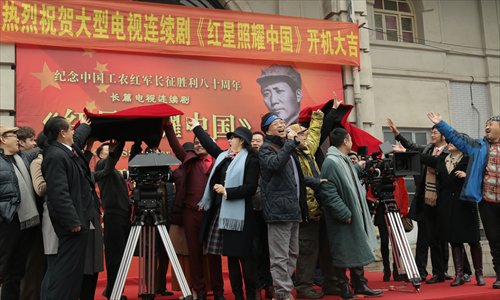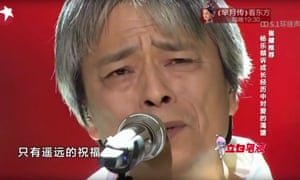MCLC and MCLC Resource Center are pleased to announce publication of Hui Faye Xiao’s review of Popular Media, Social Emotion and Public Discourse in Contemporary China (Routledge, 2014), by Shuyu Kong. The review appears below, but is best read online at:
https://u.osu.edu/mclc/book-reviews/xiao/
My thanks to Jason McGrath, MCLC media studies book review editor, for ushering the review to publication.
Kirk A. Denton, editor
Popular Media, Social Emotion and
Public Discourse in Contemporary China
By Shuyu Kong
Reviewed by Hui Faye Xiao
MCLC Resource Center Publication (Copyright January, 2017)
Continuing the scholarly investigation of China’s radical socio-cultural transformation in her Consuming Literature: Best Sellers and the Commercialization of Literary Products in Contemporary China (2004), Shuyu Kong’s latest book, Popular Media, Social Emotion and Public Discourse in Contemporary China, examines the burgeoning cultural public sphere shaped by the widespread use of new media, “including the internet, mobile communications and other social media” (3). In the past few decades, a fast-growing body of scholarship has paid attention to the escalating coverage of new media in contemporary Chinese society and speculated upon its socio-political ramifications. Jürgen Habermas’s ideas of public sphere and civil society have been frequently cited by intellectuals and scholars concerned with China’s democratization. However, Kong’s use of public sphere stretches Habermas’s definition, which tends to emphasize the participatory politics of free-willed rational bourgeois individuals. Rather, this book revolves around a new conception of popular media as a public site of cultural production and participatory consumption as well as a transmitter of social emotions and affects. This innovative approach is much needed for a better understanding of today’s Chinese society, which is experiencing yet another change in the “structure of feeling” as a result of an ongoing post-revolutionary “cultural revolution.” Continue reading →






